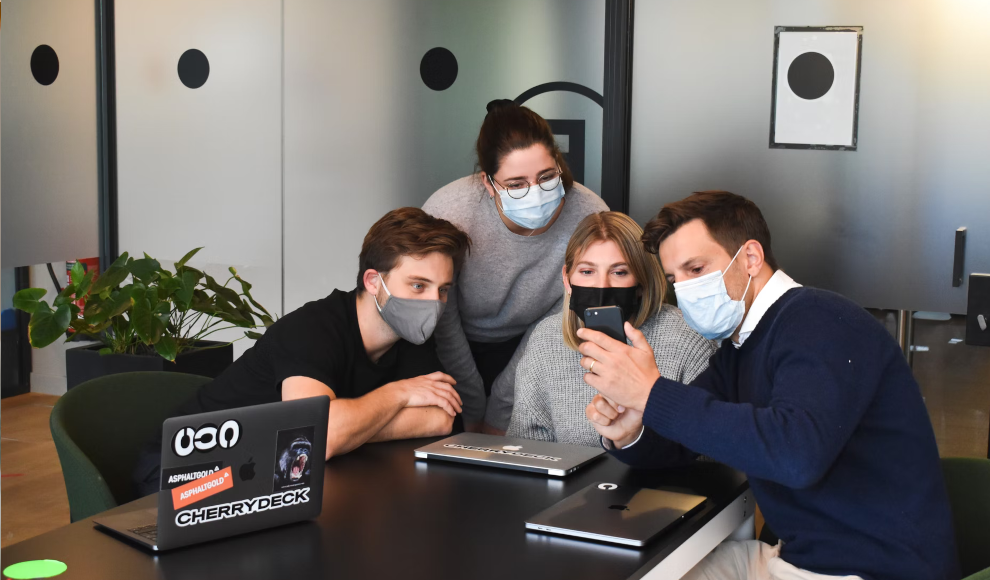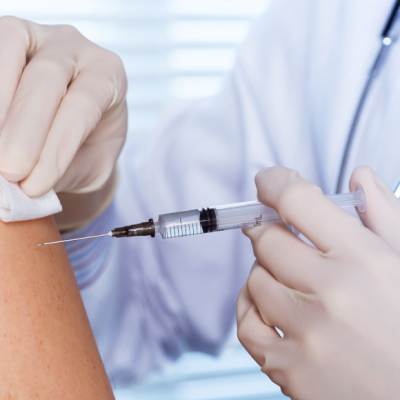Boosted individuals recover significantly faster from the Covid-19 Omicron variant than those with basic immunity, according to a study by epidemiologist Tim Spector and his team at King’s College London. The researchers have been tracking Covid-19 cases for two years through the ZOE COVID Study app, which collects data from volunteers on 32 possible symptoms, complications, and hospitalizations. The latest analysis, published in The Lancet, is based on data from 63,002 users during the Delta and Omicron waves of the pandemic. The study found that boosted individuals had milder symptoms and a shorter median illness duration of 4.4 days, compared to 7.71 days during the Delta wave. Boosted individuals were also 2.5 times more likely to recover within a week during the Omicron wave.
The study also found that the Omicron variant mainly affects the upper respiratory tract, with symptoms such as hoarseness and sore throat being more common than loss of smell, which was the most common symptom during the Delta wave. Symptoms such as dizziness, fever, cognitive impairment, and headaches, which are indicative of systemic illness, were also less common during the Omicron wave. The study’s data was collected from a representative sample of over a million users of the app in the UK, making it a reliable source of information.
The findings of the study are significant as they suggest that booster shots are effective in reducing the severity and duration of illness caused by the Omicron variant. The study also highlights the importance of tracking Covid-19 cases and collecting data to better understand the virus and its variants. The study’s authors hope that their findings will inform public health policies and help in the fight against the pandemic.










